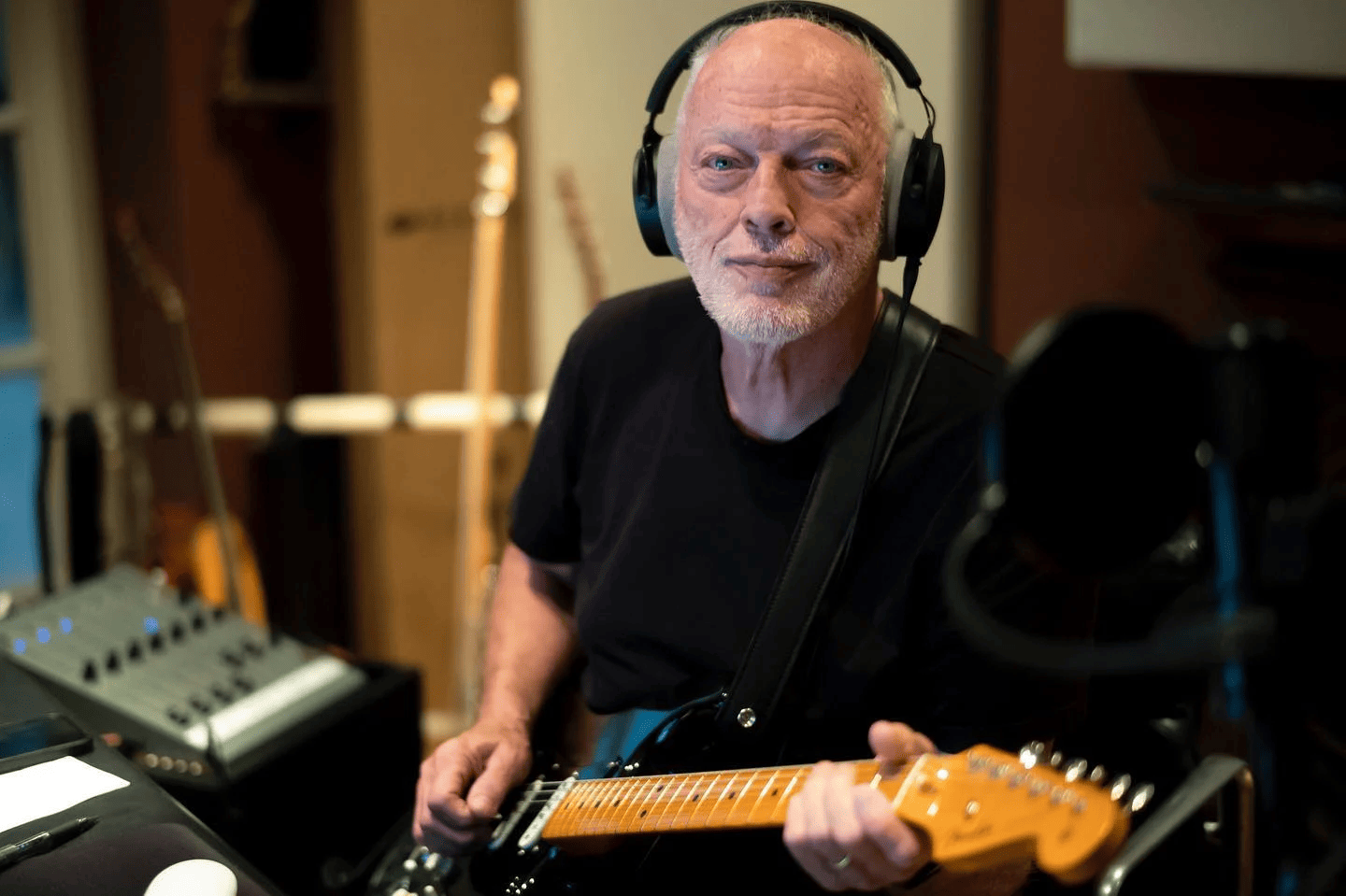
‘IT WAS A NIGHTMARE’
David Gilmour on lawsuits, recording on a houseboat and the challenge to keep Pink Floyd afloat after Roger Waters quit
YOU can’t underestimate the challenge facing David Gilmour as he fought to keep Pink Floyd afloat in the Eighties.
When the band’s main songwriter Roger Waters quit in 1985 after a fractious few years, guitarist and singer Gilmour still saw a future for the prog icons.

He casts his mind back: “It was an alarming time. It was a big thing to carry on Pink Floyd with Roger having gone.
“He was a big, big part of it, a major talent and our primary lyricist. So it was difficult.”
The gaping hole left by Waters summons an insight from Gilmour that most Floyd aficionados would agree with.
He says: “The Roger and me thing? I would think of myself as more of a melodic type and Roger is more of an aggressive wordsmith.
Different sides of us came together to create what we became.”
But Gilmour also knew that the pure, beautiful notes he produced on his black Strato-caster were still worthy of the Pink Floyd name, even if they were to be played minus the presence of the mercurial Waters.
Likewise, the inventive rhythms of drummer Nick Mason and the exquisite keyboard passages of Richard Wright.
At the same time, Waters was determined to shut down the creators of The Dark Side Of The Moon, Wish You Were Here and The Wall, to confine them to rock history alongside The Beatles, and he was prepared to use legal means to get his way.
It was against this “painful” backdrop caused by the “damaging” departure of their bandmate that Gilmour, Mason and Wright began work on Pink Floyd’s next chapter – one with no Waters but as long as the one with him.
The undervalued period is being marked by a mammoth box set, The Later Years 1987-2019, containing a revised version of A Momentary Lapse Of Reason with new drum parts by Mason and more abundant use of Wright’s keyboards.
The album is a revelation, dismissing the original’s thin Eighties production for a rich, more organic sound and demonstrating that songs like Learning To Fly, On The Turning Away and Sorrow are really rather good.
There’s also a blizzard of live and unreleased studio recordings, both in CD and video form, which also help cast the period in a more favourable light
Gilmour has given just one interview for the release, in the form of a four-part podcast with BBC 6 Music’s Matt Everitt called, in typical Floydian fashion, The Lost Art Of Conversation.
Available in four weekly, wide-ranging episodes from Monday, SFTW has been given an exclusive sneak preview.
In Part One, Gilmour talks about when Waters was in the process of leaving: “I had been working for some time in the studio, but what was going to happen was in the air for a long time while Roger decided whether he was going to f*** off into the ether or not.”
He recalls discussing his plans with Mason during the summer of ’86 and says: “I asked him if he fancied coming in and doing some work and he was quite keen on the idea.”





